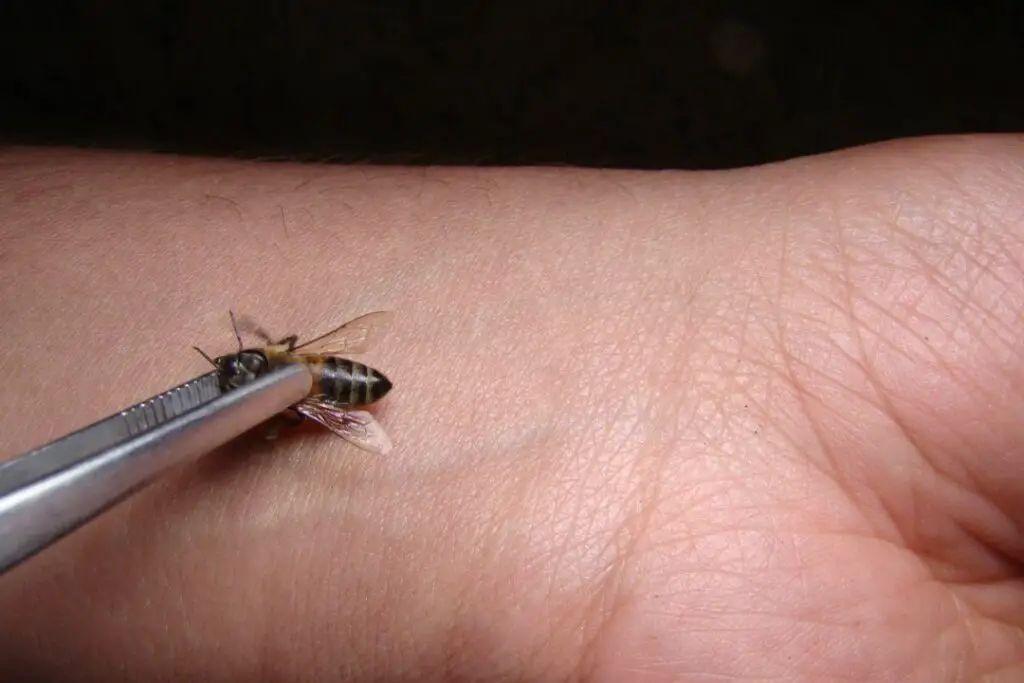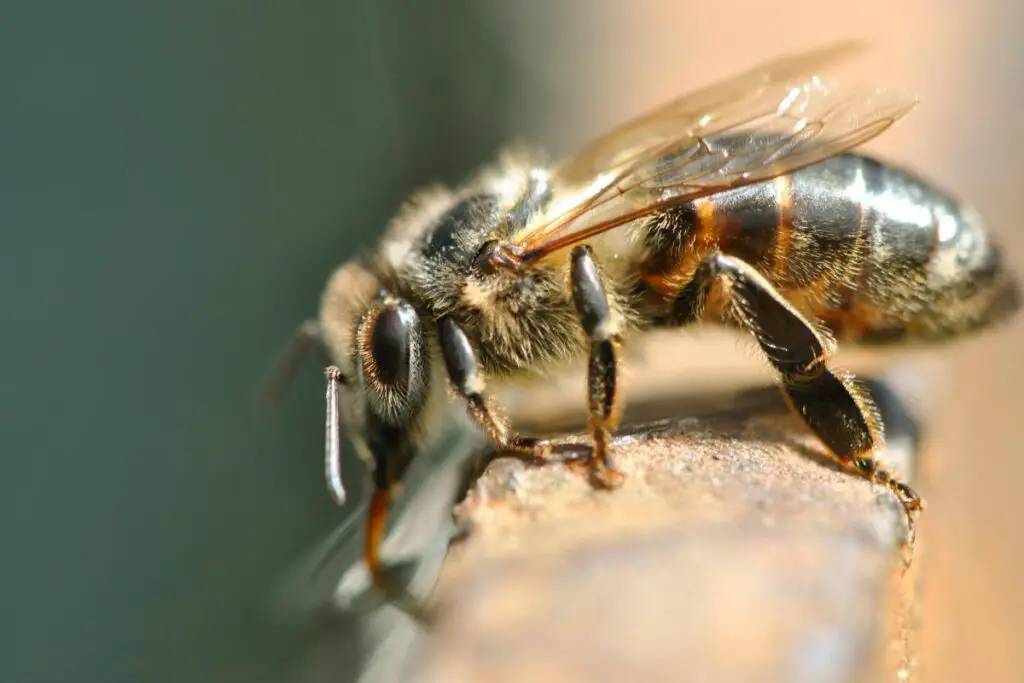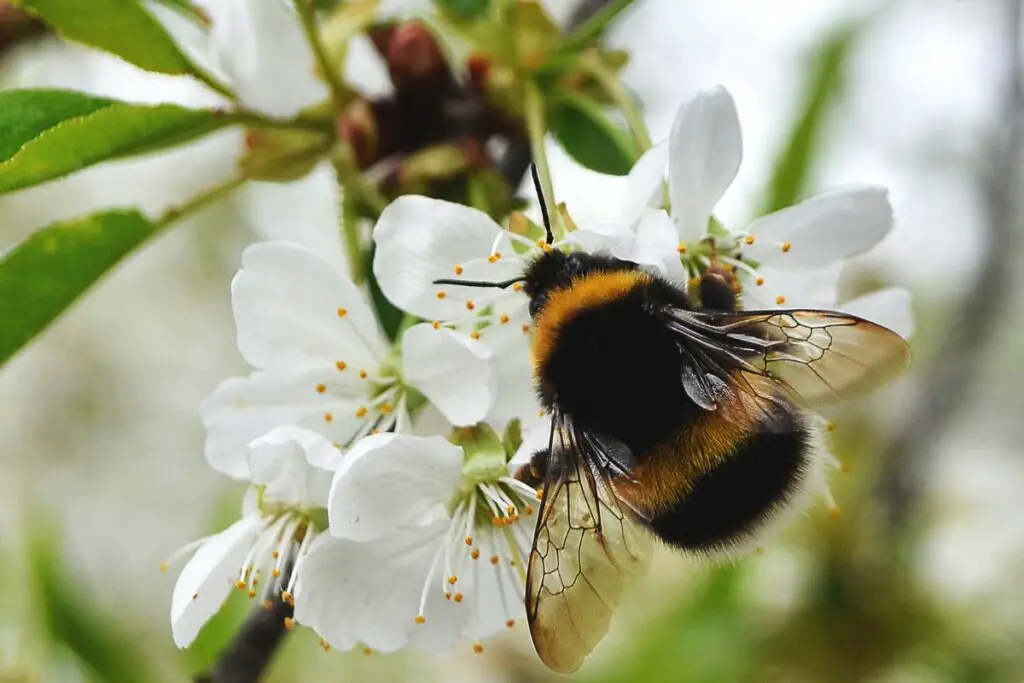Last updated on October 2nd, 2023 at 02:40 pm
In a world where conventional medicine often falls short, some are turning to unconventional therapies to find relief. One such alternative is bee sting therapy, a practice that has been around for centuries but is now gaining renewed attention.
Two women, Prezleigh Colburn and Ellie Lobel, have become the faces of this controversial treatment, claiming that bee venom therapy has helped them overcome chronic Lyme disease. But how much of this is backed by science, and how much is just buzz?
The Buzz on Bee Venom
Bee venom is a complex substance containing a variety of peptides, enzymes, and amines. The most potent of these is melittin, a peptide that has been shown to have anti-inflammatory and antimicrobial properties. Research from Washington University School of Medicine even suggests that melittin could potentially be used to fight diseases ranging from HIV to cancer.
Prezleigh Colburn: A Life Transformed
Prezleigh Colburn, a 29-year-old musician from California, was diagnosed with chronic Lyme disease after years of debilitating symptoms, including daily seizures and hallucinations.
Desperate for relief, she turned to bee venom therapy. For two and a half years, Colburn received thousands of bee stings, administered by her husband, Joshua. The couple even live-streamed these “sting-alongs” on TikTok, amassing a following of over 25,000 people.
Colburn claims that the therapy has put her in remission, allowing her to live a normal life again. She attributes her recovery to a Jarisch-Herxheimer reaction, a phenomenon where the body experiences short-term illness as bacteria are killed and released into the bloodstream.
Ellie Lobel: From Despair to Hope
Ellie Lobel’s story is equally compelling. Diagnosed with Lyme disease at 27, she had given up on life by the age of 45. However, a chance encounter with a swarm of bees changed everything.
Despite being severely allergic to bees, Lobel survived the attack and noticed a dramatic improvement in her symptoms. Like Colburn, she believes that the bee venom triggered a Jarisch-Herxheimer reaction, effectively “resetting” her immune system.
Lobel now practices apitherapy, a form of bee venom therapy, and claims to be symptom-free. She has even partnered with a bee farm to extract venom in a humane way, sending it to researchers studying its effects on Lyme disease.
The Science and Skepticism
While these stories are inspiring, they are also met with scepticism from the medical community. Bee venom therapy is not without risks; allergic reactions can be fatal, and repeated stings can cause tissue damage.
Dr Crystal Wyllie, a general practitioner, warns of these dangers, stating that bee venom therapy could be “extremely dangerous” for those with allergies.
Moreover, the therapy is not yet supported by extensive clinical trials.
The Future of Bee Venom Therapy
Despite the lack of conclusive evidence, the buzz around bee venom therapy continues to grow. Eva Sapi, an Associate Professor of Biology and Environmental Science at the University of New Haven, is currently conducting research on the venom’s effects on Lyme bacteria. Her preliminary results look “very promising,” offering a glimmer of hope for those seeking alternative treatments.
Conclusion
The stories of Prezleigh Colburn and Ellie Lobel offer compelling narratives about the potential healing powers of bee venom. However, it’s crucial to approach this therapy with caution. As research continues, one can only hope that science will provide clear answers on whether bee venom is a miracle cure or just another health fad.
For those interested in the role of bees in our ecosystem and how you can help, check out Revive a Bee, a platform dedicated to promoting the plight of all bees globally.
Note: This article is for informational purposes only and should not be considered medical advice.
What do you think? Is bee venom therapy a viable alternative for chronic conditions, or is it just creating a buzz without substance? Share your thoughts below.




